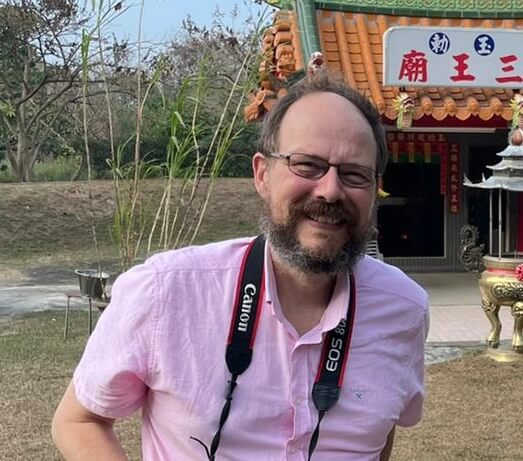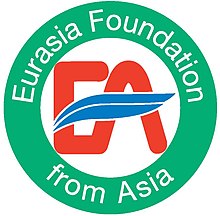
Abstract
Three faces of an Asian hero – commemorating Koxinga (鄭成功) in China, Taiwan and Japan
Koxinga, a half-Japanese, half-Chinese buccaneering general of the mid-17th century, achieved fame as a leader of Ming loyalist resistance to the Manchu invasion of China. Following the triumph of the Manchu Qing dynasty, he moved his forces to Taiwan, where they defeated and expelled the Dutch colonial regime. His family then ruled the island as an independent fiefdom for 20 years until the Qing invaded and incorporated it within their empire. Koxinga has enjoyed a long and varied posthumous career as a deified ancestor figure for Han colonists in Taiwan, a symbol during the colonial period of the island’s intimate ties to Japan, and a totem of Chinese anti-imperialist nationalism. This chapter analyses how his heroic reputation has been reinterpreted or reimagined in contemporary Taiwan, mainland China and Japan, focusing especially on his portrayal in museums and public memorials. It argues that political and ideological changes in Taiwan and China have been reflected in major shifts in emphasis in Koxinga’s portrayal. Almost universally viewed as a symbol of indissoluble ‘Chinese’ unity in the 1970s, today interpretations of his significance have diverged. While on the mainland Koxinga still symbolises monolithic ethno-cultural unity of all Chinese people, on Taiwan he has come to symbolise a multicultural Taiwan distinct from China.
Bio note
Edward Vickers is UNESCO Chair in Education for Peace, Social Justice and Global Citizenship at Kyushu University, Japan, and President of the Comparative Education Society of Asia. He researches the history and politics of education in contemporary Asia, especially in Chinese societies (the PRC, Hong Kong and Taiwan). He also researches the politics of conflict-related heritage in Asia, and is currently working with Mark Frost of UCL and colleagues on a project investigating public history, education and reconciliation in post-civil war Sri Lanka. His books include Education and Society in Post-Mao China (2017; with Zeng Xiaodong), Constructing Modern Asian Citizenship (2015; with Krishna Kumar), and Remembering Asia’s World War Two (2019; with Mark Frost and Daniel Schumacher). Prof. Vickers helped to lead major projects for UNESCO’s Mahatma Gandhi Institute in New Delhi, and co-authored the 2017 UNESCO report Rethinking Schooling for the 21st Century: the State of Education for Peace, Sustainable Development and Global Citizenship in Asia.
Edward Vickers
UNESCO Chair in Education for Peace, Social Justice and Global Citizenship at Kyushu University, Japan, and President of the Comparative Education Society of Asia.



